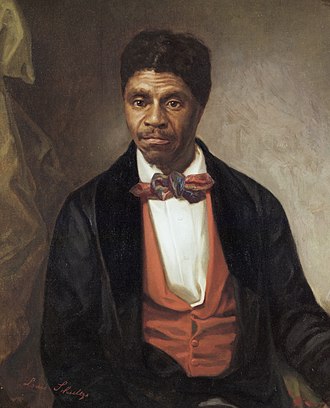 Dred Scott
Dred Scott In a landmark case, the United States Supreme Court decided 7–2 against Scott, finding that neither he nor any other person of African ancestry could claim citizenship in the United States, and therefore Scott could not bring suit in federal court under diversity of citizenship rules. Moreover, Scott's temporary residence outside Missouri did not bring about his emancipation under the Missouri Compromise, as the court ruled this to have been unconstitutional, as it would "improperly deprive Scott's owner of his legal property".
While Chief Justice Roger B. Taney had hoped to settle issues related to slavery and Congressional authority by this decision, it aroused public outrage, deepened sectional tensions between the northern and southern states, and hastened the eventual explosion of their differences into the American Civil War. President Abraham Lincoln's Emancipation Proclamation in 1863, and the post-Civil War Reconstruction Amendments—the Thirteenth, Fourteenth and Fifteenth amendments—nullified the decision.
The Scotts were manumitted by a private arrangement on May 26, 1857. Dred Scott died of tuberculosis a year later.
 RSS Feed
RSS Feed